Elevate your local knowledge
Sign up for the iNFOnews newsletter today!
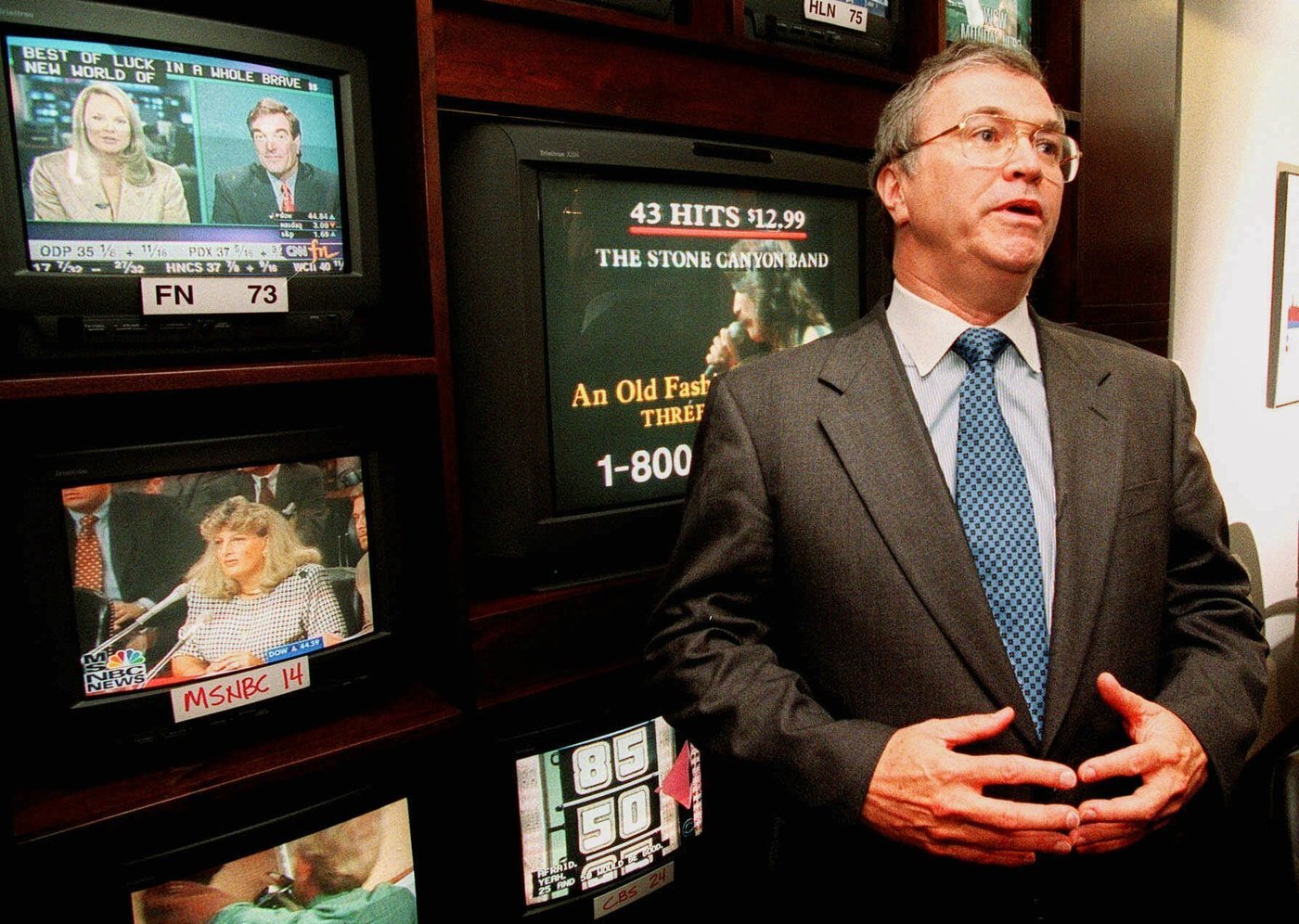
NEW YORK (AP) — Tom Johnson’s career took him from the White House to newspaper publisher jobs in Dallas and Los Angeles to president of CNN. While that left him able to swap stories about two influential figures — Lyndon B. Johnson and Ted Turner — that’s not the real reason he wrote his memoir.
Instead, it’s to tell how his accomplishments came despite suffering through a depression so severe he contemplated suicide, in the hope that others will seek help when in need.
“I want to convey that depression is a treatable illness,” Johnson, 84, said in an interview. “You do not need to kill yourself as two of my best friends did.”
He calls his memoir “Driven.” That seems partly in tribute to his mother, who told a young boy growing up in Georgia that he could accomplish what he wanted in life through hard work, and an acknowledgement that such drive comes with costs.
He went to work in the Johnson (no relation) White House right out of graduate school at Harvard. As a junior-level aide who first worked with press secretary Bill Moyers, his most important duty was taking careful notes in meetings. He was trusted enough that when LBJ left the White House to return to Texas in 1969, he took Johnson with him as his top aide.
___
This article contains material about suicide. If you or someone you know needs help, you can call or text the 988 Suicide & Crisis Lifeline or chat online at 988lifeline.org
___
A public break still painful years later
So you can tell it pained him to publicly write, half a century later, that he had concluded that “our Vietnam policies were wrong. Disastrously wrong.”
He knew his old boss felt squeezed, believing in the strategic importance of the war but recognizing that it wasn’t going well and resulting in needless death. Johnson recalled asking the former president one day, as they drove around his Texas ranch, whether he would have done anything differently.
“He said, ‘Tom, I will go to my grave believing we did the right thing,’” Johnson recalled. The former president died a few weeks later.
Johnson went to work for Times Mirror, first at the Dallas Times Herald then as publisher of the Los Angeles Times, during boom years for newspapers. He said he was eventually pushed out by the Chandler family that owned the newspaper because he was deemed too liberal. He then considered the presidency at CNN, despite advice that Turner, the founder, was “nutty.”
He took the job anyway, in 1990, and quickly regarded Turner as a visionary determined to spend whatever it took to make CNN succeed as a global news organization. In retrospect, the 11 years he spent as CNN president marked its period of greatest success as a television network.
“Lyndon Baines Johnson was the most complex human being I ever had met,” Tom Johnson wrote in “Driven.” “He would remain the most complex human being I knew until I began working for Ted Turner at CNN decades later. In terms of complexity, the two men were in a league of their own.”
“Driven” is filled with inside stories about working for both men, but Johnson is clear about his loyalties. He admires them both. He left CNN soon after Turner was effectively stripped of his duties following the network’s sale to Time Warner; watching that made Johnson’s depression reemerge, he wrote.
Johnson was first diagnosed with depression while he was at the LA Times, retreating from family, friends and activities he loved. His wife, Edwina, pushed him to get help, where he found out he had a genetic predisposition to depression.
“You really learn the importance of this person who is sharing the journey with you, even when I was hard to love,” he said. “I would lash out at her, I would lash out at my children. Never to people at work.”
Johnson made sure to remove guns from his home
Johnson said his lowest point came in 1989 when he lost his job as publisher. A hunter, Johnson took his guns to a colleague to get them out of the house. “Having a weapon readily accessible to a person contemplating suicide is a serious mistake,” he recalled.
He told Turner about his battle with depression when discussing the CNN job. It wasn’t an issue. “He said, ‘Hell, pal, let me tell you about me,’” Johnson said.
Through trial and error, he found the right medications to help him. Johnson said he also benefited from talking with some other prominent men who battled depression: newspaper columnist Art Buchwald, “60 Minutes” correspondent Mike Wallace and novelist William Styron.
Johnson was also a workaholic, who’d frequently leave the house before his children Wyatt and Christa woke up, not returning until they were in bed again. He missed so many of his daughter’s sporting events growing up that she had to confront him: “Don’t forget that you’re a daddy, too.”
“The biggest single regret of my life was that I was not a good father to my children in that regard,” he said. “I was a good provider, but I wasn’t there for them.”
After retiring at 60, Johnson has tried to give time to his family that he didn’t when younger. He’s also been advocating for and raising money to help people with mental health issues, substance abuse and Alzheimer’s Disease, the latter of which his daughter was diagnosed with during the COVID-19 pandemic.
And he’s been writing ‘Driven,’ which he called “the most stressful project of my life.”
His journey underscored that you never really leave journalism: Johnson has been obsessed about making sure it was factual and fair. “My wife said, ‘If you ever do another book, it will be with another wife.'”
___
David Bauder writes about the intersection of media and entertainment for the AP. Follow him at http://x.com/dbauder and https://bsky.app/profile/dbauder.bsky.social
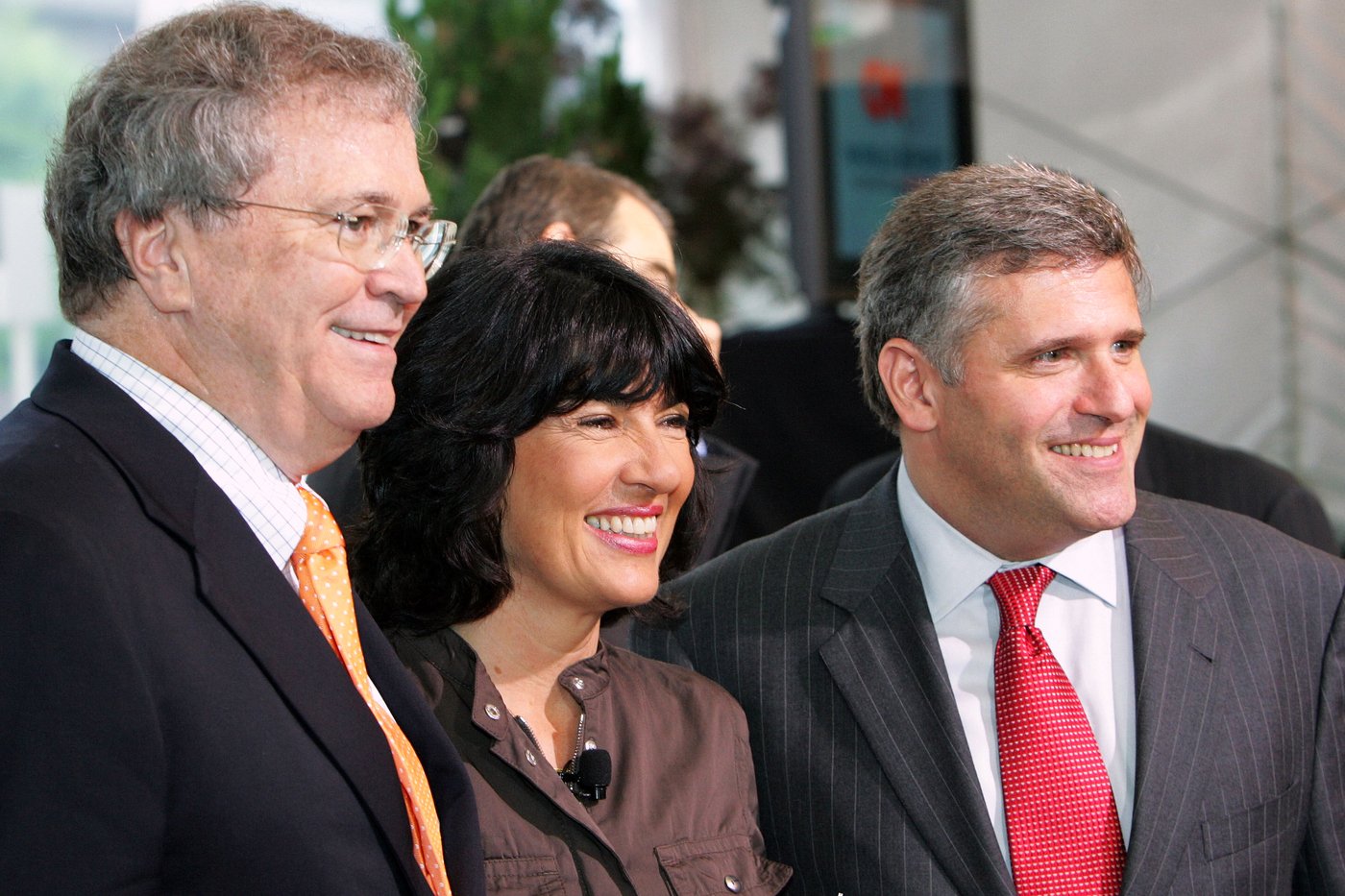
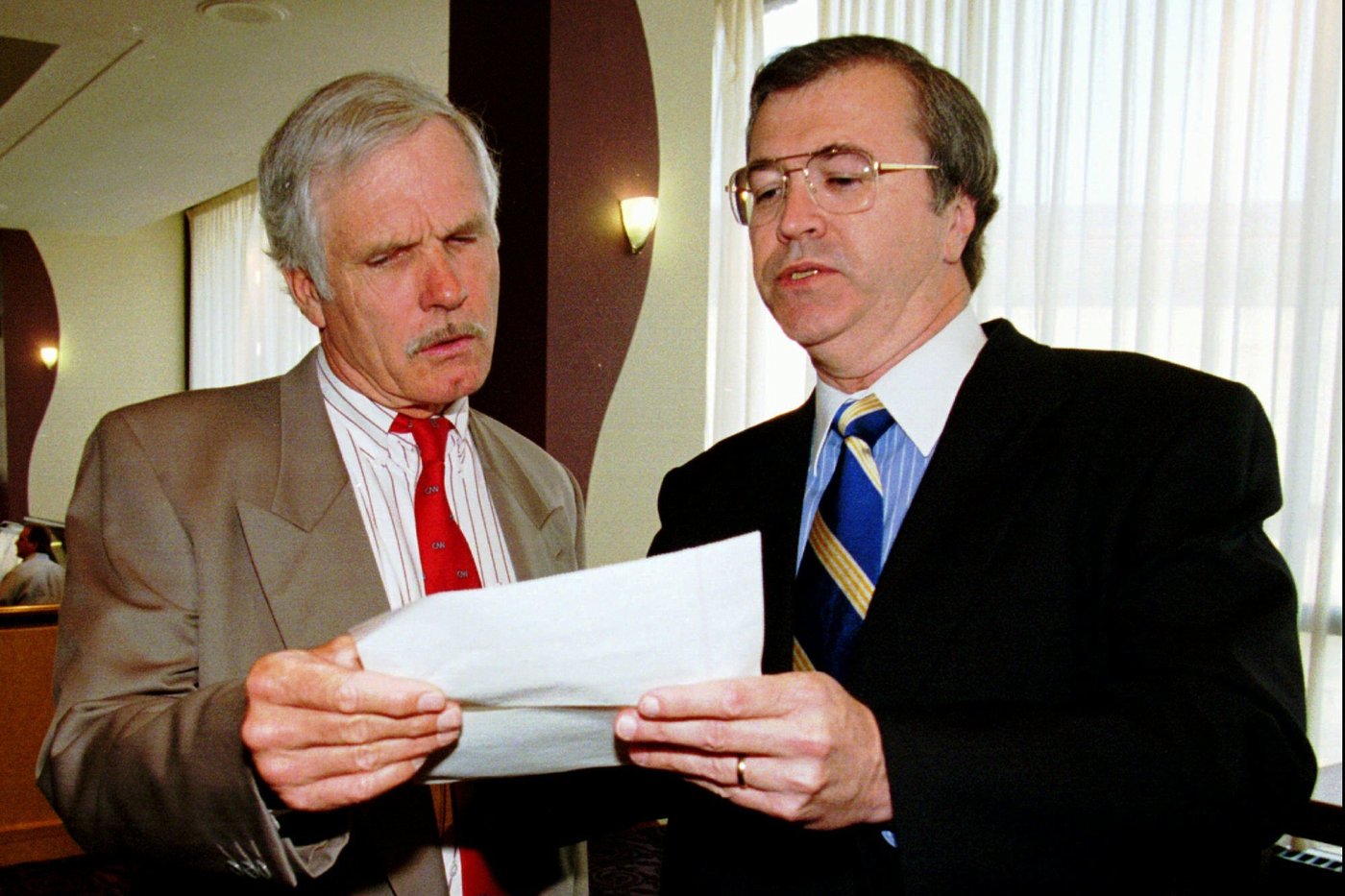
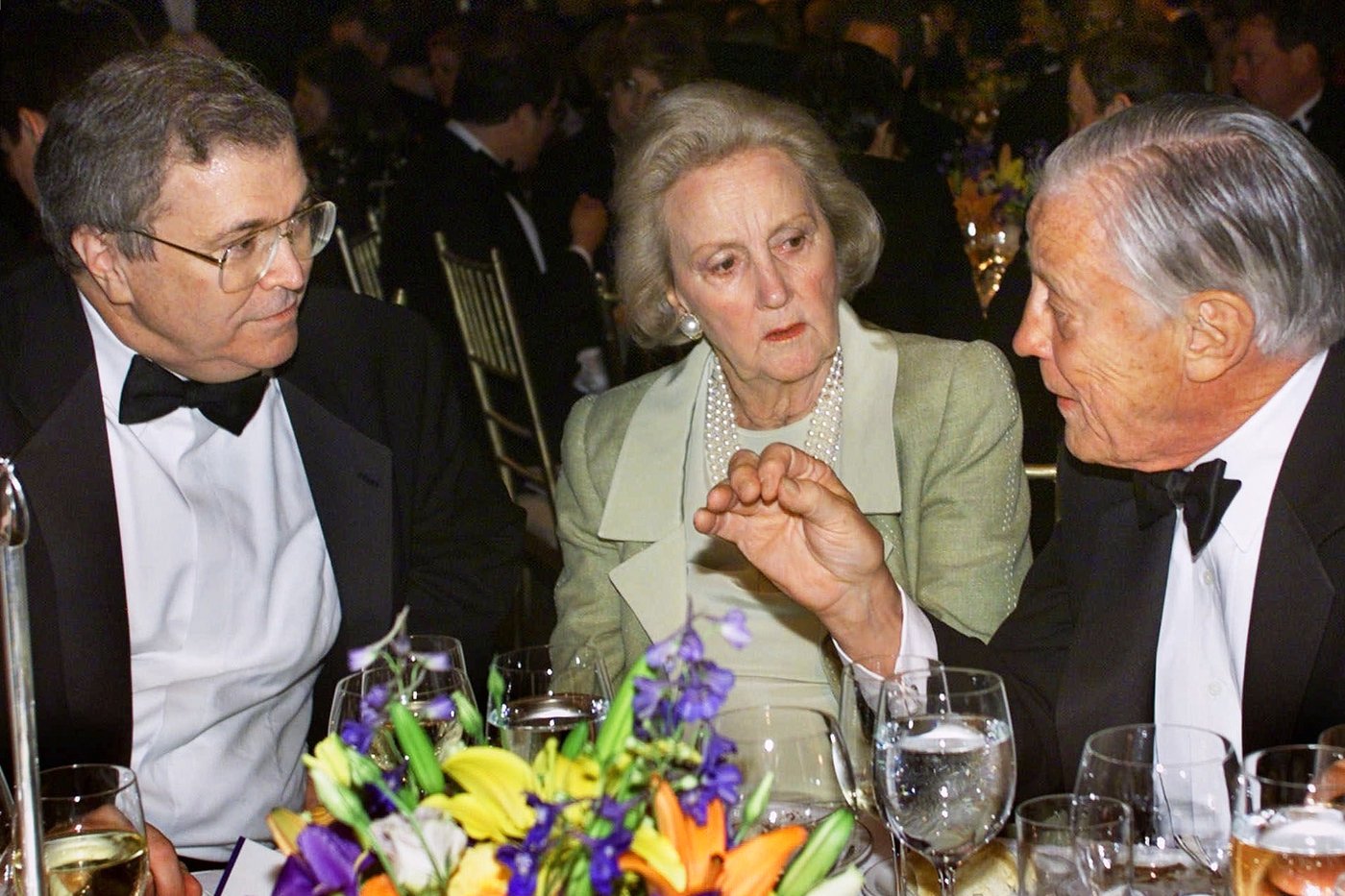
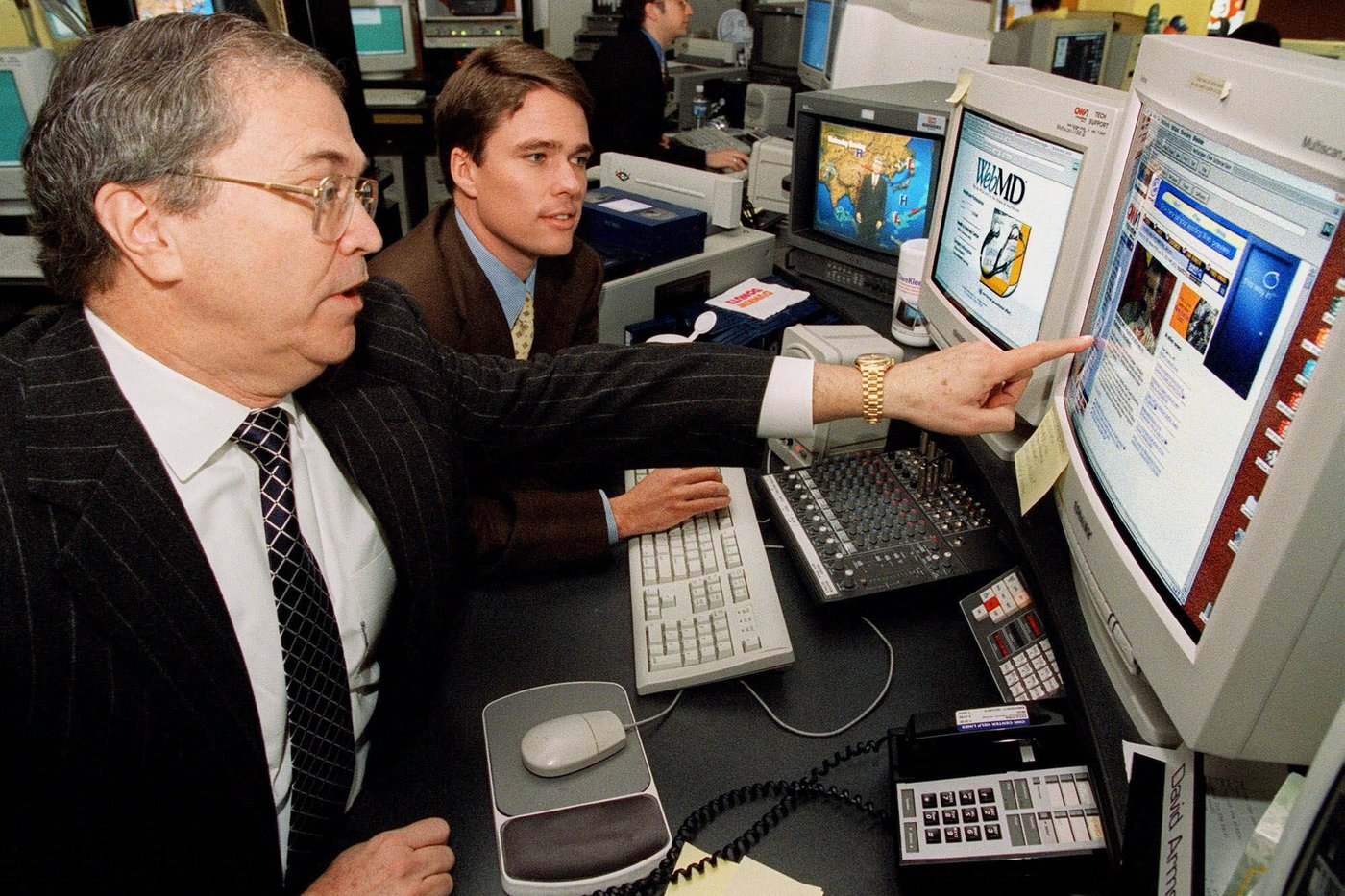
Want to share your thoughts, add context, or connect with others in your community?
You must be logged in to post a comment.